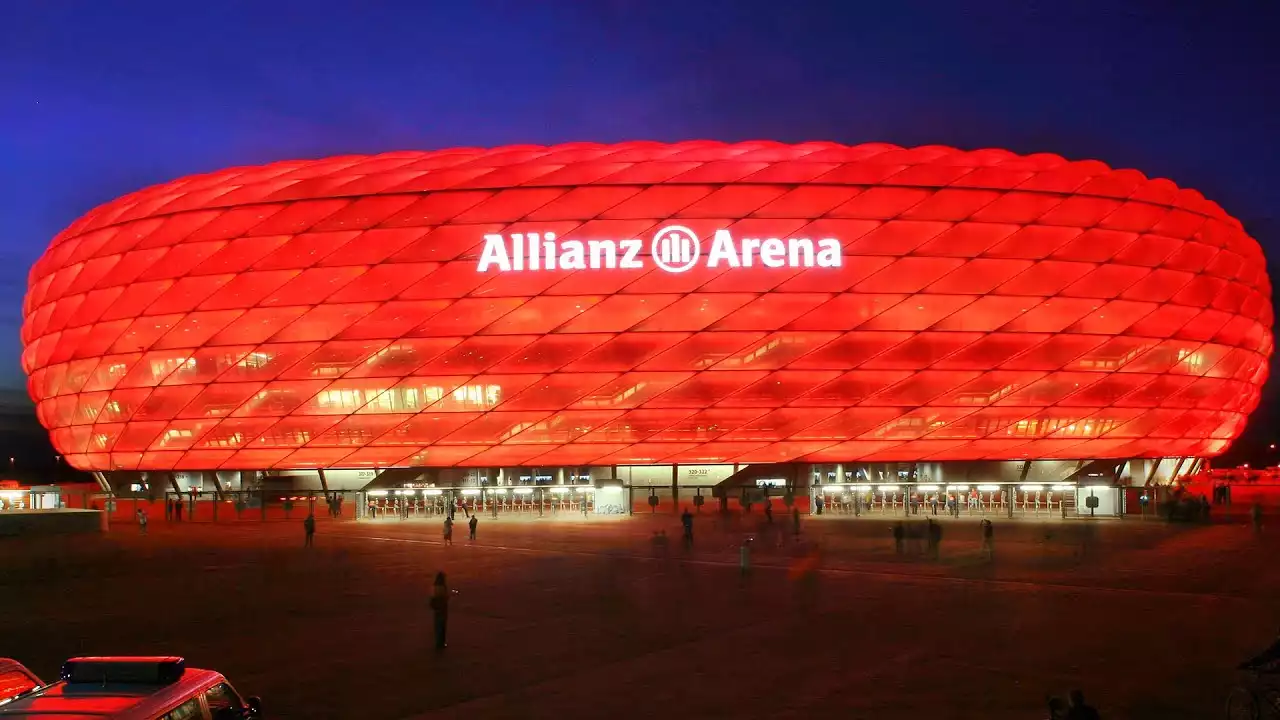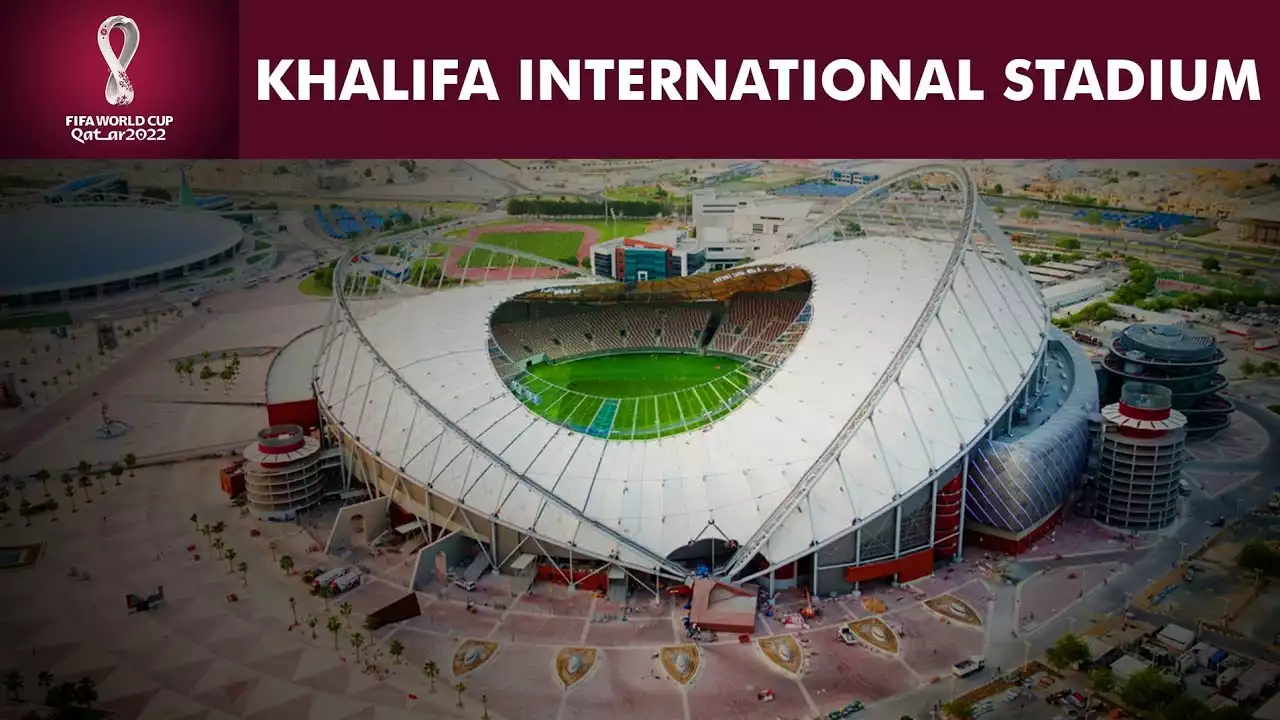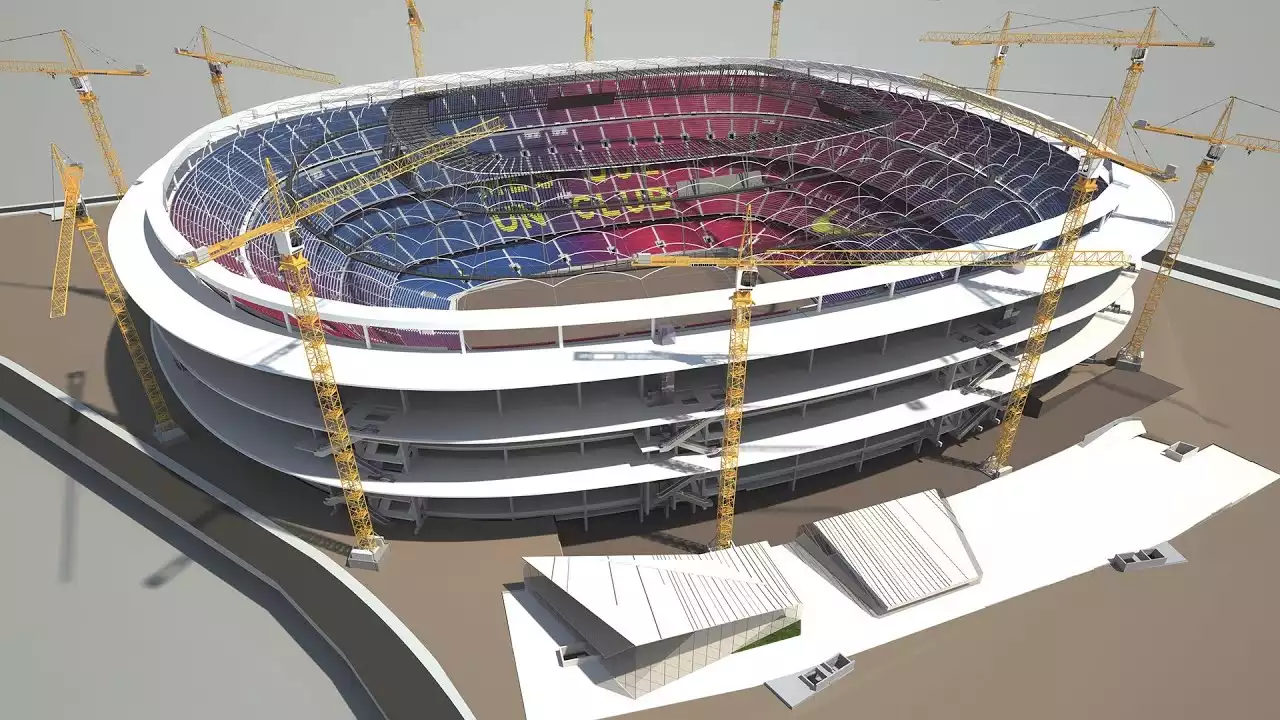Importance of selecting the right venue
The Club World Cup is a global football tournament that brings together the best teams from each continent to compete for the ultimate prize. As such, selecting the right venue to host this prestigious event is of utmost importance. The chosen venue must have the capacity and infrastructure to accommodate the influx of fans, players, and officials from around the world. It should also provide easy accessibility and transportation options, ensuring that participants can reach the venue conveniently. Additionally, the venue must offer suitable accommodation and hospitality to cater to the needs of the teams and their support staff. Safety and security measures are also crucial, as they ensure the smooth running of the tournament and the well-being of everyone involved. Lastly, the venue should have top-notch technology and facilities to enhance the overall experience for both players and spectators.
Requirement 1: Capacity and infrastructure
The first requirement for a venue to host the Club World Cup is its capacity and infrastructure. With the tournament attracting a massive global audience, the venue must have adequate seating capacity to accommodate the influx of fans. State-of-the-art facilities, including dressing rooms, medical facilities, and media centers, are also essential to ensure the smooth running of the matches. The venue should have the necessary infrastructure to handle the logistics of hosting such a grand event, including parking facilities, ticketing systems, and food and beverage outlets. Furthermore, the stadium should be equipped with modern technology, such as video replay screens and advanced sound systems, to create an immersive experience for spectators.
Requirement 2: Accessibility and transportation
Accessibility and transportation are key considerations when selecting a venue for the Club World Cup. The chosen venue should be easily accessible by air, land, and sea, allowing teams and fans to reach it conveniently from around the world. The availability of nearby airports and transportation hubs is crucial to facilitate the smooth arrival and departure of participants. Additionally, the venue should have well-connected road networks and efficient public transportation systems to ensure easy travel for both local and international visitors. Adequate parking facilities and shuttle services should also be provided to accommodate the large number of vehicles expected during the tournament.
Requirement 3: Accommodation and hospitality
To host the Club World Cup successfully, a venue must have a wide range of accommodation options to cater to the needs of teams, officials, and fans. The venue should offer a variety of hotels, ranging from luxury to budget, to accommodate the diverse preferences and budgets of participants. These hotels should be located in close proximity to the venue, allowing easy access for teams and officials. Moreover, the venue should provide exceptional hospitality services, including catering, banqueting, and room service, to ensure a comfortable and enjoyable stay for all attendees. The availability of recreational facilities, such as gyms and spas, can also enhance the overall experience for participants.
Requirement 4: Safety and security measures
Safety and security are paramount when hosting a global football tournament like the Club World Cup. The venue must have stringent safety protocols in place to protect the players, officials, and fans from any potential risks. Adequate crowd control measures, including well-designed entrance and exit points, should be implemented to ensure the smooth flow of spectators. The venue should also have a comprehensive security system, including CCTV cameras, security personnel, and emergency response teams, to address any unforeseen circumstances. Regular safety inspections and drills should be conducted to maintain the highest standards of safety and security throughout the tournament.
Requirement 5: Technology and facilities
In the digital age, technology plays a crucial role in enhancing the overall experience of both players and spectators. Therefore, a venue aspiring to host the Club World Cup must have state-of-the-art technology and facilities. This includes high-speed internet connectivity throughout the stadium, enabling seamless communication and streaming of matches. Advanced lighting and sound systems should be installed to create an electrifying atmosphere during games. Additionally, the venue should provide modern amenities, such as charging stations, interactive displays, and mobile apps, to enhance the overall fan experience. Furthermore, the stadium should have advanced turf technology to ensure optimal playing conditions for the teams.
Examples of venues that have successfully hosted the Club World Cup
Over the years, several venues have successfully hosted the Club World Cup and left a lasting impression on football fans worldwide. One such venue is the International Stadium Yokohama in Japan, which has hosted the tournament multiple times. With its impressive capacity, modern infrastructure, and excellent accessibility, the stadium has provided the perfect setting for some of the most memorable matches in Club World Cup history. Another notable venue is the Khalifa International Stadium in Qatar, which hosted the tournament in 2019. Renowned for its state-of-the-art facilities and commitment to sustainability, the stadium set new standards for hosting global sporting events. These examples showcase the high bar set by previous host venues and highlight the importance of meeting the requirements to ensure a successful Club World Cup.
Challenges faced by venues in meeting the requirements
Meeting the requirements to host the Club World Cup can be a daunting task for venues. One of the main challenges is the significant financial investment required to upgrade or build new facilities. Building a stadium with the necessary capacity and infrastructure, as well as implementing advanced technology and safety measures, can be a costly endeavor. Additionally, ensuring easy accessibility and transportation options may require extensive infrastructure development, such as expanding airports or improving road networks. Finding suitable accommodation options in close proximity to the venue can also be challenging, especially in areas with limited hotel capacity. Overcoming these challenges requires careful planning, collaboration with local authorities and stakeholders, and a long-term vision for the development of the venue and its surrounding infrastructure.










